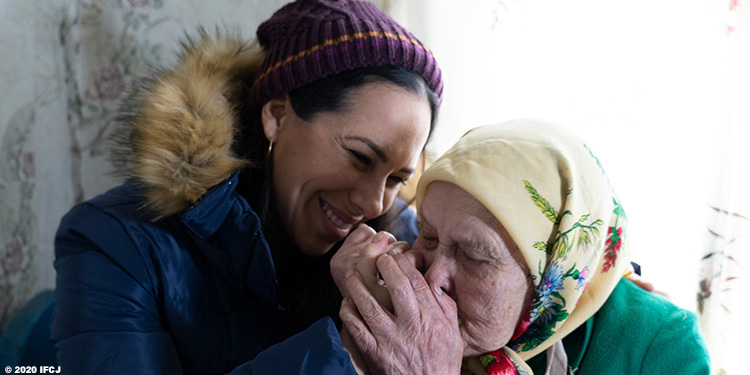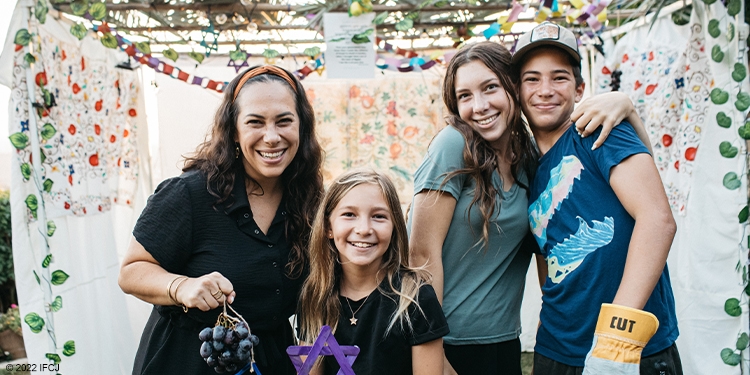The Practice of Thankfulness
Yael Eckstein | March 9, 2022

If you bring a grain offering baked in an oven, it is to consist of the finest flour. — Leviticus 2:4
Each week in synagogue, Jews read through the Torah from Genesis to Deuteronomy. This week’s Torah portion is Vayikra, which means “and He called,” from Leviticus 1:1–5:26.
The very first thing that I do when I wake up is say the Modeh Ani prayer. Modeh Ani means “I am thankful.” It’s one of the first prayers that my parents taught me, and it’s one of the first prayers that I taught my own children. The words are, “I am thankful before You living King, for mercifully returning my soul to me (for another day), great is Your faithfulness.”
As I say these words each morning, it sets the tone for my entire day. And I carry this practice of thankfulness throughout my day.
Did you know that Jews have a tradition to say no less than 100 blessings a day! We have blessings for just about everything. This keeps us mindful of the blessings we might not otherwise notice or appreciate. We have blessings for different types of food. We bless God after going to the bathroom, thanking God for a functioning body. We have blessings for experiences of nature like thunder, lightning, rainbows, beautiful smells, or seeing the ocean. We also bless God every time we put on new clothing, eat a new fruit, or celebrate a new achievement.
The Practice of Thankfulness
In this week’s Torah portion, we see the importance of the practice of thankfulness, of thanking God for the whole range of life’s experiences, from the simple and routine things in life, to the special moments that stand out.
The description of the meal or grain offerings that were brought to the Tabernacle includes three types of offerings. The grain offerings were either “baked in an oven,” (Leviticus 2:4) “prepared on a griddle,” (2:5) or “cooked in a pan” (2:7).
The Jewish sages explained that these three types of offerings represent three categories of blessings. “Baked in an oven” represents our ‘daily bread’ – the basic necessities for living. “Prepared on a griddle” is associated with a sweet cake and represents sweet luxuries in our lives – those things that we don’t really need but that bring us extra comfort and joy. “Cooked in a pan” refers to dishes cooked for special occasions and represents the momentous occasions that occur throughout a lifetime.
By mentioning these three types of offerings, Scripture teaches us that we have to cultivate our gratitude to God for all parts of life. Every experience is a reason to be grateful and a reason to practice thankfulness all day, every day.


